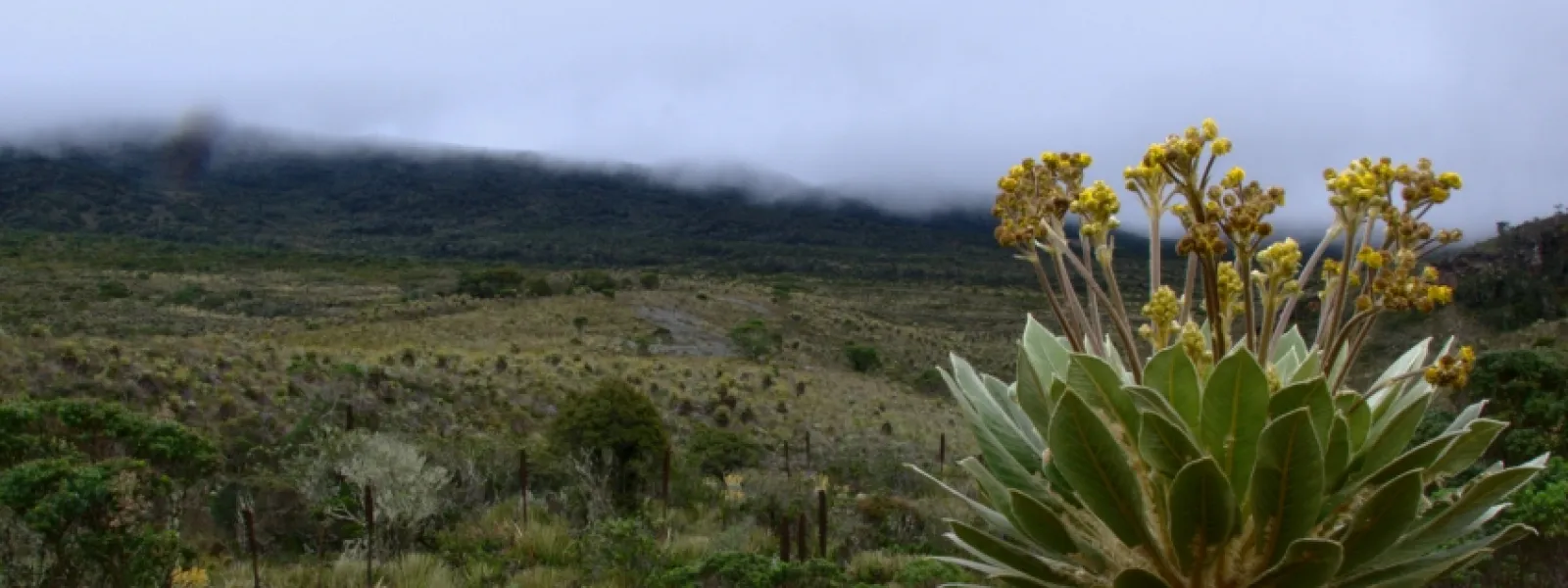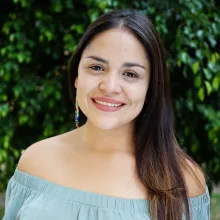
Eight key themes for Colombia’s environmental agenda in 2018
Photo: Aztlec / Flickr.For Colombia, 2017 was a year marked by debate on the right of communities to be consulted about decisions that affect their territories and ecosystems.
We saw it through the organization of popular consultations and mobilizations that questioned mining and fracking projects and, in short, the continuity of extractivism. It was also evident in the decision of the Constitutional Court, the highest court in the country, to invalidate the delimitation of the Santurbán páramo, a water source for millions, because the government’s decision did not take into account the population.
On the other hand, Colombia joined the global debate on climate change and the need to promote a model of economic development free of fossil fuels.
Now, in the face of the presidential elections and the implementation of the peace accord, environmental participation, territorial autonomy and fracking remain particularly important issues.
What follows are eight topics key to Colombia’s environmental agenda in 2018:
- Environmental participation: Popular consultations, as an expression of empowered communities seeking to have a say on projects that will affect them, will continue holding a privileged place in public debate.
- Territorial autonomy: Although constitutionally recognized, the ability of departments and municipalities to govern themselves autonomously in various areas, including the environment, is not entirely defined. It remains to be answered: Who should decide? And about what can they decide?
- Indigenous authorities: Following on the heels of the above, the autonomy and decision-making ability of indigenous authorities in relation to environmental issues will give us much to discuss this year.
- Fracking: The key question is, faced with fracking’s expansion throughout the region, will Colombia adopt the position of social organizations on the application of the precautionary principle to avoid the health and environmental damages associated with fracking?
- Decarbonization: As an energy producer, will Colombia join France, the United Kingdom and Italy, nations that recently signed an alliance to close coal plants before 2030 and comply with the Paris climate agreement?
- La Niña: The strong winds and rains of the La Niña climate phenomenon will return to the country this year. Adequate measures to mitigate the risk will be fundamental, as will the application of lessons learned in 2010, when the phenomenon left hundreds dead and the loss of millions of pesos.
- Páramos: Following the decision of the Constitutional Court to invalidate the delimitation of the Santurbán páramo, this year promises to be full of controversies about the new delimitation of this important ecosystem. Also key will be the issue of community participation in the demarcation of the rest of Colombia’s páramos, a measure oriented to protect them against harmful projects like mining.
- Principle 10: The negotiation of a regional agreement on the access to information, to justice and to public participation on environmental issues, remains underway. The agreement seeks the application of Principle 10 of the Rio Declaration on Environment and Development, key to guaranteeing the right to a healthy and sustainable environment for present and future generations.
At AIDA, and through the Network for Environmental Justice in Colombia, we will continue to promote solutions to the country’s environmental conflicts based on the effective application of national and international standards.
Juana Hofman

Juana Hofman was the coordinator of Colombia's Network for Environmental Justice. She is an attorney from the University of Rosario, where she taught environmental negotiation, was part of the Public Action Group, and coordinated the Public Opinion Observatory. She has a Master's Degree in Local and Regional Planning from the University of Sheffield, England. She is a professor of graduate level courses in environmental territorial management and a consultant in matters of environmental management and environmental law.
